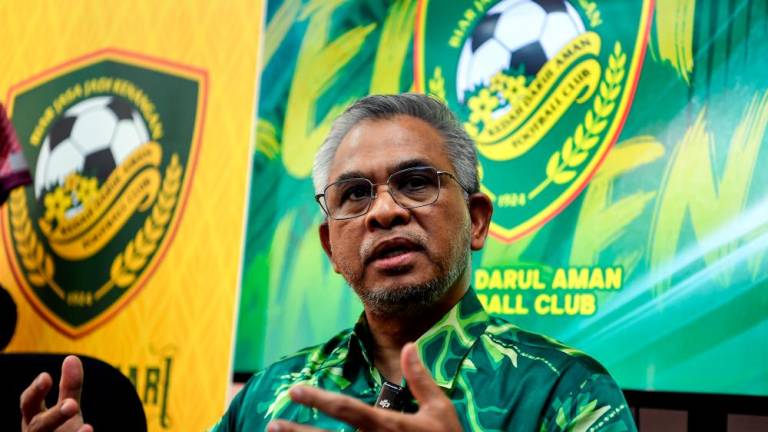BUDGET 2019 is themed “Credible Malaysia, Dynamic Economy, Prosperous Rakyat”. It focuses on implementing institutional reforms; ensuring the socio-economic wellbeing of Malaysians; and fostering an entrepreneurial economy with 12 key strategies.
Under Strategy 1: Strengthen Fiscal Administration is the introduction of a Government Procurement Act to govern procurement processes to ensure transparency and competition, while punishing abuse of power, negligence and corruption. The principles of integrity, transparency, accountability, fairness and efficiency in all decision making of public procurement will minimise corruption and maximise the economic, financial, social, technological, environmental and political benefits of government machinery.
No fewer than 62 countries have government procurement or public procurement laws. These countries have considered the World Bank Procurement Guidelines and the UN Commission on International Trade Law Model Law on procurement of goods, construction and services into their laws. Under the guidelines, bidders are required to provide integrity assurances and to disclose any convictions or investigations relating to corruption. Additional safeguard is to have an integrity pact signed. While the Model Law focuses on evaluation and modernised procurement laws and practices. Yet, there is another pluri-lateral General Procurement Agreement (GPA) of the World Trade Organisation which requires “transparency” of procurement. The efforts to prevent corruption in the public procurement must be seen as the responsibility of both government and the bidders.Both must come clean.
A Public Procurement Act will make ministers accountable for failure to comply with finance rules, management, high-priced procurement, “not value for money” and unachieved targets. It must be the duty of every minister to ensure his or her integrity and that of all others below them.
It is also important that before deliberating this Public Procurement Bill, the government must consult stakeholders and not be over-ruled by “the government knows best” mentality. There should be ample time for discussions to ensurethe Act encompasses all the best practices from these 62 countries.
The government should move towards Open Government Partnership and adopt the Open Data Policy for better governance, integrity, accountability and transparency.
To improve anti-corruption, transparency and accountability, the capacity building of key government institutions must be enhanced to tackle these issues. In parallel, there should also be improvements in the implementation of public policies.
To ensure the sustainability of both result areas, strengthening of inclusive decision-making processes should be considered an important cost cutting issue.
Dr KM Loi
Ex-UN Convention against Corruption Coalition Vice Chair (2015-2017)













